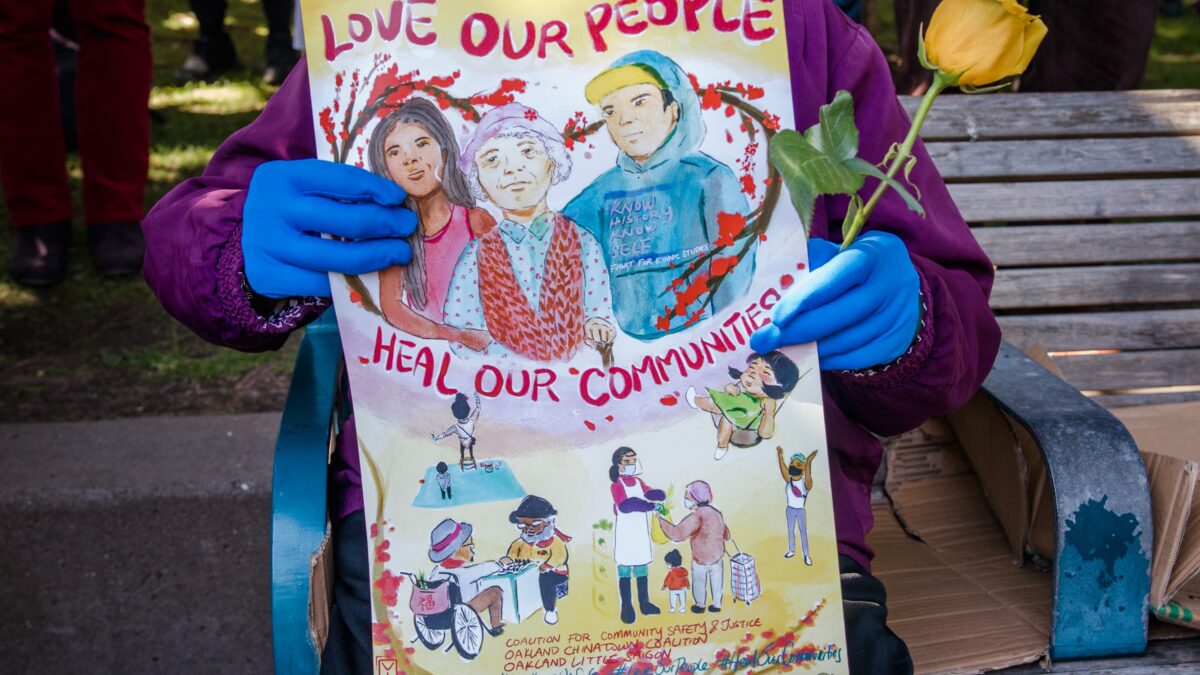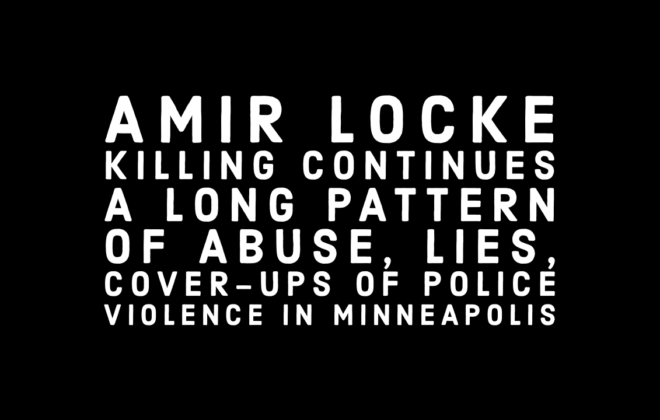
Hate Has No Place in MN Law Enforcement
Sign the petition to pass the rule change to ban Police Officers from having involvement in white supremacist and hate groups. Sign here.
To learn more on this issue in MN:
The MN Justice Research Center has a toolkit from this summer and a White Supremacy Report and POST Board report. https://www.mnjrc.org/our-work
Minnesotans agree that every Minnesotan deserves safety and protection, regardless of race, class or geography. Yet, Minnesota law currently allows licensed police officers – those who made an oath to serve and protect – to support, advocate for, and participate in white supremacist and hate groups.
The Minnesota Board of Peace Officer Standards and Training (POST Board) is a state-level agency that sets the requirements and standards for licensing, training, and conduct of law enforcement officers. The POST Board has recently listened to the calls and cries from community as well as the recent public murder and harm cases of Black people and the recent investigative reports on some MN police departments that clearly display the need for major changes to statewide rules, regulations and guidelines of how police should conduct themselves for the safety and benefit of all.
Banning the ability for licensed law enforcement to engage in hate groups is a needed and necessary change to build community trust and weed out officers who may join the force with ill-intent. Unfortunately, some members of the Minnesota Police and Peace Officers Association (MPPOA also known as the ‘Police Federation’) have pushed back on this rule change. They would like for police officers to continue to be able to engaged in white supremacist and hate groups as they see fit. This is unacceptable.
Please sign this petition to stand with the Minnesotans across race, place and background, as well as the members of the POST Board and other police officers who recognized that hate has no place in MN law enforcement.
*** Additionally, you can send an email to the POST Board directly, making a public comment about supporting their decision to make this important rule change. You must submit this comment by 4:30 pm CT on Tuesday, Dec. 6th. Email your comment to: POSTrules.POST@state.mn.us
There is an organizational sign on letter also circulating. If your organization would like to sign the growing list of organizations who are calling out the hate and calling in all Minnesotans to their best selves, sign up here.
BACKGROUND INFORMATION:
Rule Change for Policing: Ban Involvement in white supremacist, hate or extremist groups, or criminal gangs
The rule is included in MN Rules, part 6700.1600, subpart 1, item H.
This rule identifies support, advocacy, or participation in white supremacist, hate or extremist groups or criminal gangs (hate groups) by licensed law enforcement officers as a violation of the standards of conduct.
Standards of conduct identify behaviors and activities that interfere with an officer’s ability to protect and serve their communities.
Currently, there is no rule identifying such involvement by licensed officers as a violation of standards of conduct.
It is reasonable and necessary to make involvement in a hate group – including a white supremacist group – a violation of standards of conduct for law enforcement officers because:
- Involvement in a hate group interferes with an officer’s duties by contributing to conscious bias and undermining the integrity of law enforcement activities.
- Involvement in a hate group has a serious and deleterious impact on community trust, which is fundamental to protecting and serving the public.
- Involvement in a hate group can lead to Brady-Giglio impairments, which draw an officer’s credibility into question and can limit a prosecutor’s ability to rely on an officer for testimony or evidence in criminal cases. Brady-Giglio requires that prosecutors disclose evidence that may lead to the impeachment of law enforcement officers, including findings or allegations of bias towards individuals or groups.
Ten members of the Advisory Committee supported the rule and ten opposed the rule.
Opponents recommend eliminating language pertaining to white supremacist groups. However, it is necessary to specify white supremacist groups because:
- FBI reports and recent congressional hearings have identified white supremacist groups as infiltrating law enforcement.
- The U.S. Department of Homeland Security identifies white supremacist extremists as the most persistent and lethal threat among domestic violence extremists in the U.S.
- White supremacist activity in Minnesota exceeds any other type of hate activity, as reported by ADL, which monitors antisemitism and bias nationwide.
The Minnesota POST Board
The Minnesota Board of Peace Officer Standards and Training (POST Board) is a state-level agency that sets the requirements and standards for licensing, training, and conduct of law enforcement officers. For over 30 years, the POST Board has set the rules about who can be hired as a law enforcement officer and what they have to do (and not do) to stay an officer.
Historically, the POST Board has not set strong requirements and standards for law enforcement officers. Without strong requirements and standards, officers lack clear guidance and cannot be held accountable for failing to protect and serve their communities.
In August 2020, the POST Board began a process of reviewing and recommending changes to the rules that shape the behavior of officers and the work of the Board. To lead the review, the POST Board created an Advisory Committee of 20 individuals representing a diverse set of stakeholders, including law enforcement officers, academics and researchers, community activists, local and state organizations, and related groups.
Tags In
Related Posts
Categories
- Announcements (11)
- Childcare (8)
- Community Safety (10)
- Criminal Justice (18)
- Democracy (28)
- Economy & Jobs (27)
- Education (16)
- Environment (11)
- Faith (15)
- Health (22)
- Housing (30)
- Immigration (31)
- Islam (11)
- Newsletter (34)
- One Body (2)
- Other Issue Work (14)
- Public Safety (3)
- Report (7)
- Transit (19)
- Uncategorized (40)
- Working Families (18)


